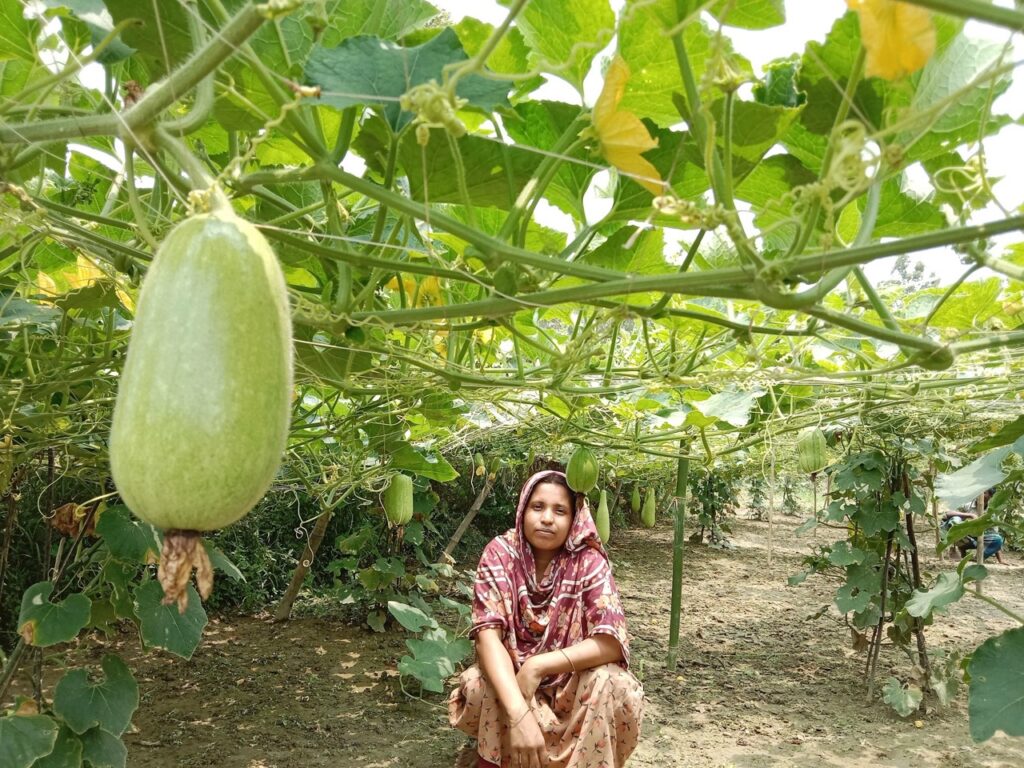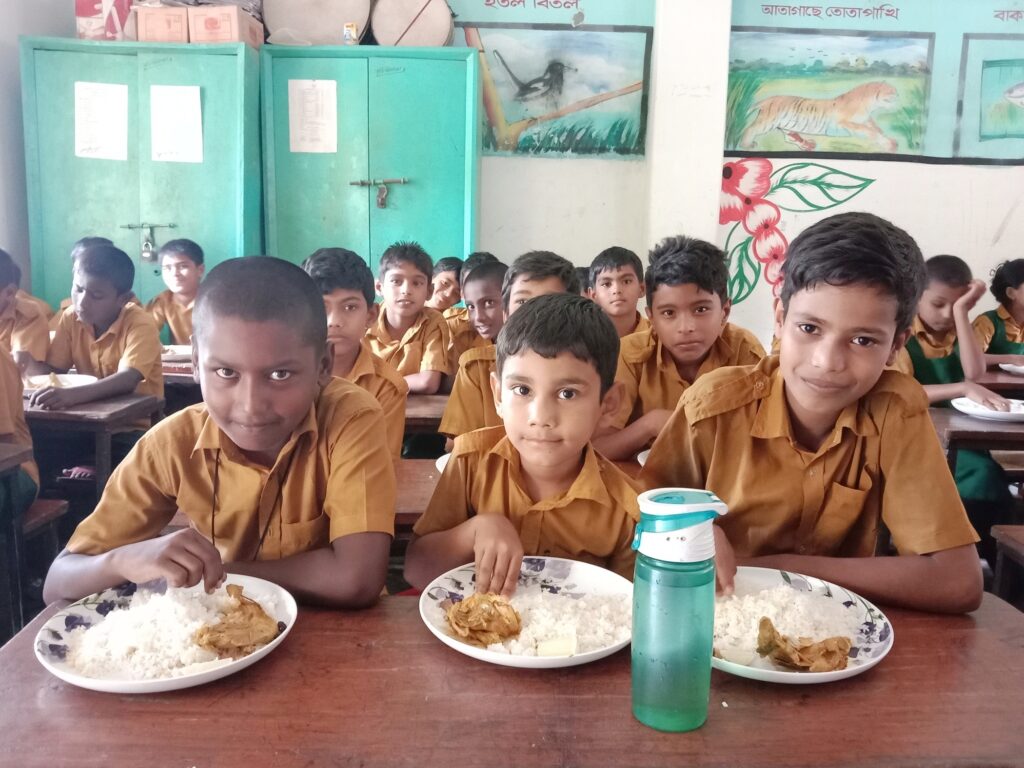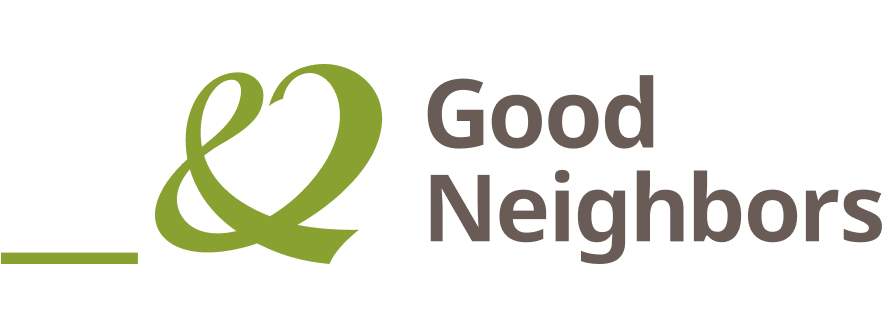According to the 2019 report from UNICEF Bangladesh and the Bangladesh Bureau of Statistics, 23% of children under-five are considered underweight and about 35% of Bangladesh’s population remains under food insecurity. High malnutrition and morbidity of children in school is a hindrance to their growth and development.
GN Bangladesh initiated the “Bangladesh Sirajganj Community Based Nutrition Project for Children” with the aim of improving children’s nutrition through food diversity and security, as well as creating a supportive community network involving all stakeholders.
This project supported more than 195 children through the provision of school meals and health check-ups, provision of seasonal food trees, ensuring access to clean water and lunch box. Additionally, treatment service support was provided to 79 children in need. These comprehensive efforts yielded impressive results, notably seen in the increase in student attendance and participation in school activities.

One remarkable success story is that of Md. Siam Hossain, a 12-year-old student who was identified as malnourished during the health check-up conducted by GN Bangladesh in his school prior to the project’s launch. Thanks to this initiative, he gained access to the mid-day meal program at school, which not only improved his understanding of balanced nutrition but also instilled in him the confidence to share this knowledge with children his age. The mid-day meal program become a motivating factor, encouraging him and his peers to attend school regularly.
In Md. Siam Hossain’s words, “Now we are happy to come to school regularly. During lunch time, I can sit with my friends and have a good and delicious meal with them. It was not possible before. Not everyone can manage to bring food from home and most of us used to go home during the tiffin time to have lunch. But now we can have the same meal together. It is fun!” (Tiffin time: a light breakfast or a light tea-time meal at about 3 p.m., consisting of typical tea-time foods.)

Moreover, parents and community members were actively engaged in the project and received nutrition awareness education, which helped them understand and address the needs of their children. The project’s impact extended to the community at large, improving daily family nutrition through support with livestock and gardening, and creating income-generating activities to secure nutritious food items.
In summary, GN Bangladesh’s “Bangladesh Sirajganj Community-Based Nutrition Project for Children” has brought about substantial positive changes in the lives of these children and their communities. It has not only improved their nutrition but also empowered them with knowledge, enabling them to build healthier, happier futures.
Good Neighbors began its work in Bangladesh in August 1996 with the aim of improving the lives of children, women, and youths, and making good change for the world.
Initially, our focus was on meeting the needs of disadvantaged children by establishing daycare centers, schools, and hostels. These programs served 154 children from poor families in Moulvibazar and ensured their safety, security, and health. In the subsequent year, we launched the Mother and Baby Care Center in Dhaka for pre-primary education and an agriculture project in Sirajganj, introducing the self-help group model for women’s savings. Later, we expanded our focus to include vulnerable children through our sponsorship program, providing services in education, health, and income generation as part of our long-term community development initiatives.
Currently, Good Neighbors Bangladesh is active in 13 districts with 17 community development projects and 5 projects addressing specific needs. We also continue operating six schools directly. Each year, we mobilize approximately 60,000 children, 29,000 women, 2,000 volunteers, and 300 Community Health Workers (CHW).
We have established long-term partnerships with organizations such as the UN World Food Programme (WFP), UNICEF, the Ministry of Foreign Affairs of Japan, and the Embassy of Japan in Bangladesh, focusing on disaster risk reduction and climate change projects. We have also collaborated with Australian Aid and the Korea International Cooperation Agency (KOICA).
Good Neighbors is a global NGO dedicated to improving the lives of children and communities in over 50 countries.
Good Neighbors has held a General Consultative Status to the United Nations Economic and Social Council (ECOSOC) since 1996.
